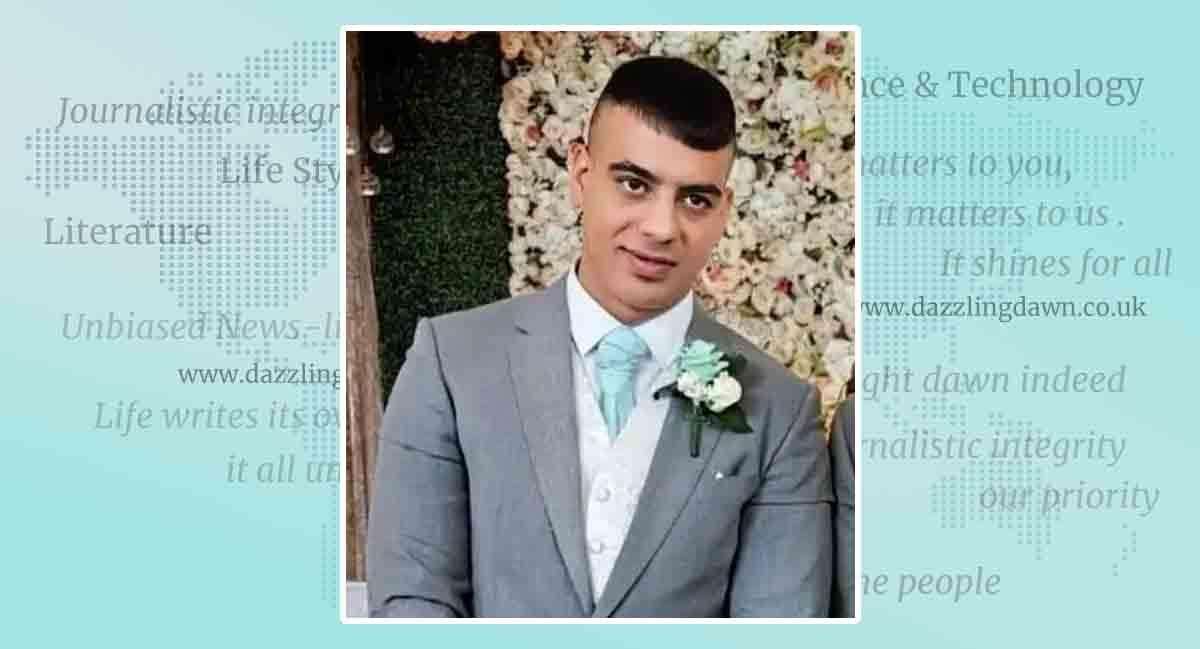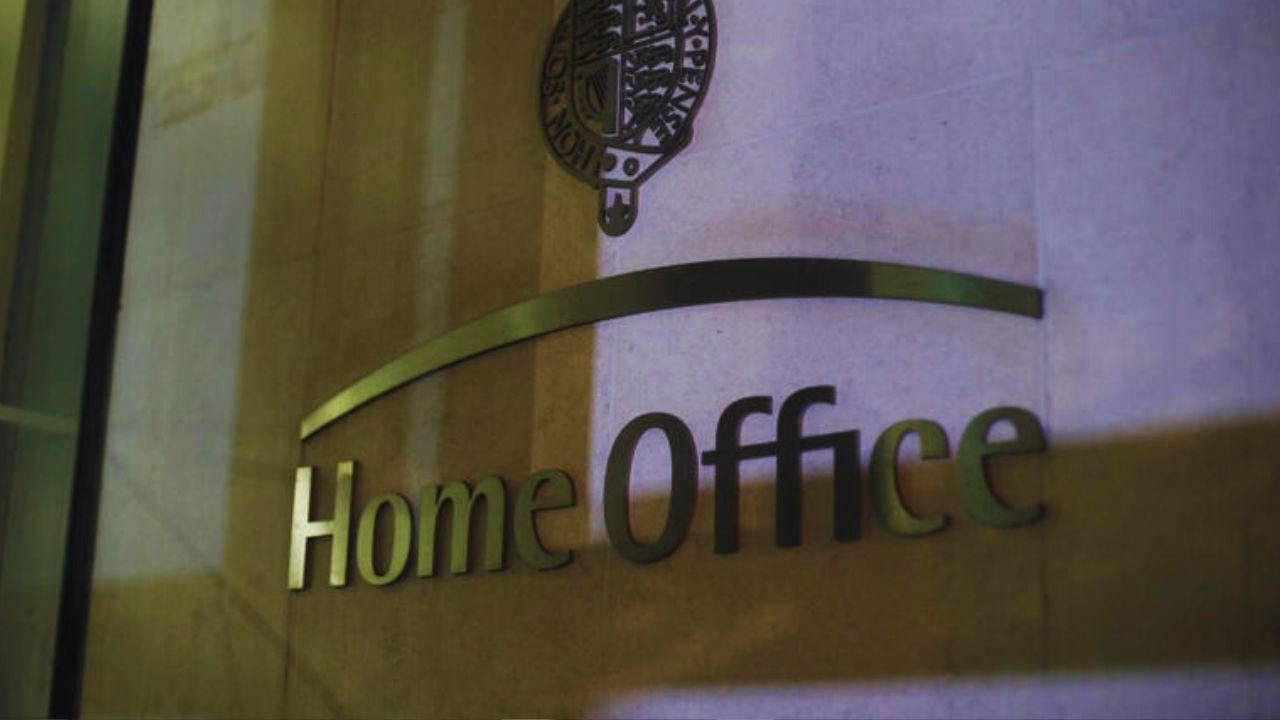On the basis of human rights, a Turkish heroin dealer who is suspected of being a prominent boss in organized crime has been granted permission to stay in the UK after the government initially assured him he could stay but later changed its mind.
The 70-year-old man was sentenced to 16 years in prison in 2004 after being identified as a "major player" in a scheme to distribute drugs throughout the United Kingdom.
When he was released from jail and did not represent a threat to the community, then-Home Secretary Theresa May ruled in 2011 that he should not be deported.
But that decision was reversed two years later, and efforts began to remove him from the country.
An immigration tribunal heard the man, who cannot be identified, is an Alevi Kurd and he was granted indefinite leave to remain in the UK as a refugee in 1997.
The tribunal heard he has lived in Britain since 1992 and says he would face persecution from the Turkish state if he returned to the country of his birth.
UNHCR, the UN refugee agency, supported the man’s bid to stay in the country, alongside evidence from Amnesty International of “widespread arbitrary detention” of Alevi Kurds in Turkey.
Judges heard the man made a series of short visits to Turkey between 2001 and 2003, but has not been to the country for the last two decades.
His wife and children are all British citizens and he argued that his human right to family life should block the deportation bid.
The tribunal heard the man was a model prisoner while serving his drugs supply sentence. He was twice put on trial for serious assaults after his release, but on both occasions was acquitted.
He was also a suspect in a criminal investigation involving attempted murder and conspiracy to murder allegations, but no charges were brought.
Judges also heard that the man tried to take his own life in 2017, while efforts were being made to deport him, and he was described as a “poorly man” with ailing mental health.
The government mounted an argument that the man’s right to a family life under article 8 of the European Convention on Human Rights had been compromised because he had an extra-marital affair with a woman in Turkey in the early 2000s, resulting in a traditional wedding ceremony.
The tribunal heard the man’s wife learned of the affair during his drugs trial, she has forgiven him for straying, and they have lived together in London since his release from prison.
He argued that deportation would split his family, breaching his human rights.
Judge Jonathan Perkins, sitting in the Upper Tribunal Immigration and Asylum Chamber, noted the “extremely serious” crime that the man had been convicted of, as well as the “incongruity” of him visiting Turkey on a Turkish passport while claiming to face persecution in the country.
But he concluded the government had known about those facts when making the original decision to allow him to stay.
“The Secretary of State made a considered decision not to deport him and not revoke his status when all these things were known”, he said.
“This much the Secretary of State made clear in a letter sent to the claimant.
“We are not told very much about what happened to change this.”
The Home Office called the ruling “disappointing”.








.svg)


